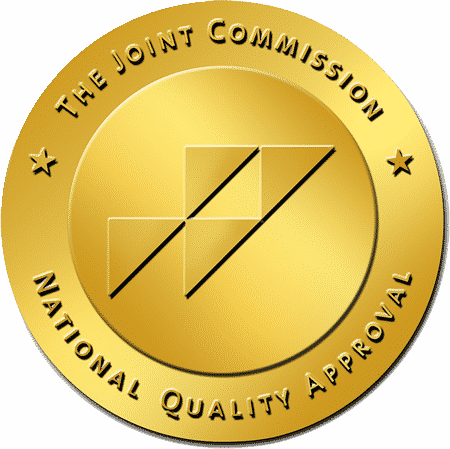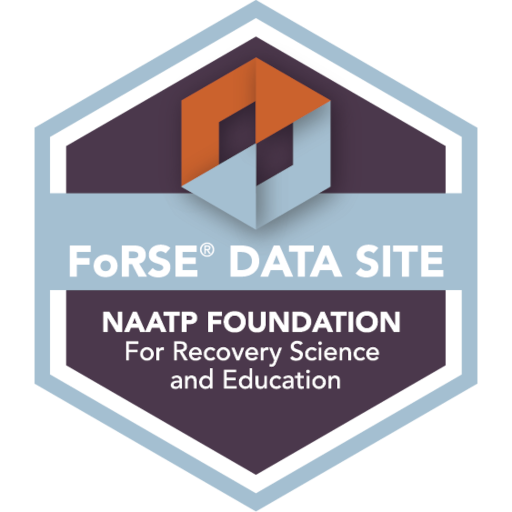The Texas Board of Nursing (BON) was created to protect and promote public safety by certifying that every licensed nurse in the state is competent to safely practice the profession. It regulates the practice of nursing to prevent unsafe nursing practice and approves nursing education programs.
Through an examination process, the Texas Board of Nursing licenses graduates of approved nursing education programs. It also certifies nurses from other states seeking Texas licensure. All Texas nurses must renew their licenses on a biennial basis and present evidence of required continuing nursing education.
Texas Board of Nursing Scope of Practice
The legal scope of practice for professional registered nurses (RNs) guidelines for nursing education in Texas are defined in the Nursing Practice Act (NPA).
The Board of Nursing was created by the NPA, which was first passed by the legislature in 1909 and signed into law by Gov. Thomas Mitchell Campbell. Over the years since, the NPA was updated by the legislature. Only the Texas Legislature, which meets every other year, can amend the NPA. The Texas Board of Nursing makes rule changes as needed regarding evolving conditions and settings.
What is Professional Nursing?
“Professional nursing” according to the NPA is “the performance of an act that requires substantial specialized judgment and skill, the proper performance of which is based on knowledge and application of the principles of biological, physical, and social science as acquired by a completed course in an approved school of professional nursing.”
What is an Advanced Practice Registered Nurse?
Advanced practice registered nurses (APRN) have earned at least a master’s degree in nursing and provide and coordinate patient treatment in primary or specialty healthcare.
APRNs include licensed nurses practicing as:
- Nurse practitioners
- Certified nurse-midwives
- Certified registered nurse anesthetists
- Clinical nurse specialists
The Texas Nurse Portal
The Texas Board of Nursing provides the Texas Nurse Portal on its website to allow persons seeking nursing licenses to submit applications online. Via the Texas Nurse Portal they can also renew applications and update their name, passwords, addresses and other functions.
La Hacienda’s Professional Nursing Staff
La Hacienda’s excellent team of highly qualified registered nurses and licensed vocational nurses provides 24/7 nursing practice that includes the daily recording of vital signs and responding to routine health situations. All the nurses have received their nursing license through the Texas Board of Nursing, including nurses licensed previously by other states.

Licensed Physician and Nursing Care
An important plus to detoxification and care at La Hacienda Treatment Center is that we have an excellent on-site health care team which provides a systematic approach to effective and compassionate around-the-clock patient care.

Primary Health Care Provider
As authorized by state law, this is a physician (Medical Doctor or Doctor of Osteopathic Medicine), nurse practitioner, clinical nurse specialist or physician assistant, who provides, coordinates, or helps a patient access health care services that vary widely.

Joint Commission Credentialing
The Joint Commission, which certifies addiction treatment facilities through a review process, requires that physicians and nurses present evidence of licensure, education training experience, or other qualifications.

Difference Between Doctor and Nurse
A doctor attends medical school and completes a residency before receiving certification, a process that also includes earning a bachelor\’s degree and a master\’s degree. A nurse can achieve licensing after two years of post-secondary education with an associate degree or four years with a bachelor\’s degree.




